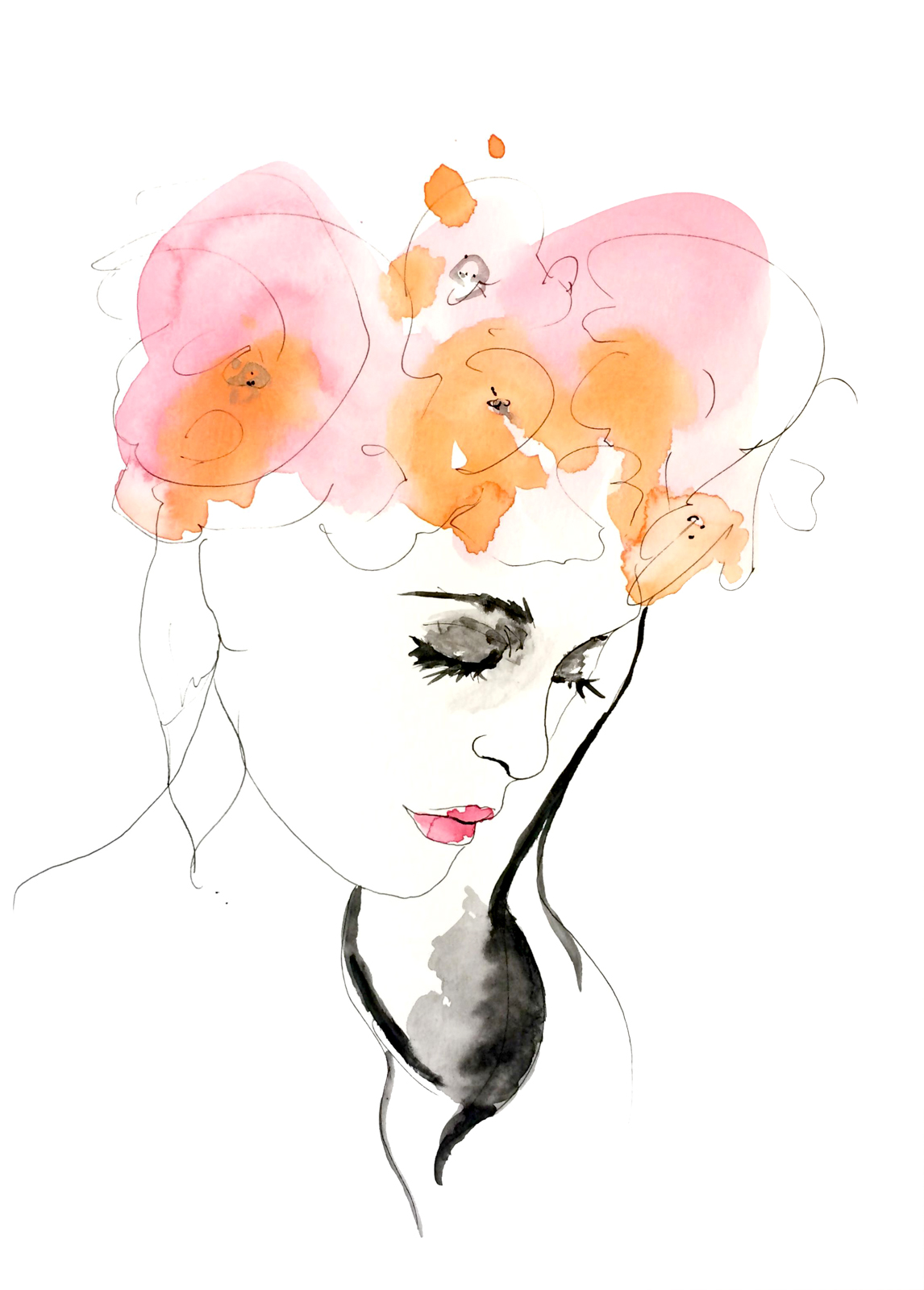This past year, my mom was diagnosed with the most advanced stage of liver cancer. She underwent months of intense treatment, and as I walked with her through this process, I learned so much from her. Though being faced with death is daunting, with it comes a chance to live differently. We often talked about how precious life is and how we never know when we might suddenly be faced with only a few days left for ourselves or the ones we love.
In one of these conversations, I asked my mom a simple question: What would she regret most if she didn’t survive? The answer she gave changed my own life, and it inspired me to ask other family members, friends and colleagues the very same question. I began asking people what they would regret most when faced with death, and what I found challenged me to live differently. More bravely.
It seems death itself gives us the most obvious roadmap to living life— a life where we work less, love more and are authentically ourselves. Here are the six common regrets people have about life— and how to avoid having them yourself.
1. “I didn’t lead an authentic life.”
It is so easy to let the priorities and values of other people guide us and therefore lose track of who we really are and our own needs and dreams. And once we put others’ needs and opinions first, we’re living for them, not for ourselves.
It is so important to pause, be mindful and consider the “why” behind our actions. Does this action take me down a path toward the person I want to be and the life I want to lead? If the answer is no, then take a deep breath and readjust, even if that means making big changes. You don’t want to regret not living your life being who you really are. As my dad, a psychologist for more than 30 years so wisely told me, “People always regret things not done more than things done at the end of their lives.”
2. “I didn’t appreciate my health.”
A healthy body is a blessing, but so often we fail to appreciate it, instead wasting time and energy obsessing about our appearance. Many of the people I talked to admitted not always having gratitude for their body or taking advantage of their health to do the things that make us feel most alive: hiking, dancing, running or even just taking walks. Love your body and appreciate your health while you can and do things that make you healthier each day.
3. “I wasn’t happy.”
Happiness is a choice, one we have to work hard at. My mom said, “For me, facing liver cancer – which for many is a death sentence and having a near-death experience on an operating table years earlier- the thing that struck me was how useless our worries are. Death taught me not to worry so much about whether or not the floor is clean or I am doing everything right. I live now making each day count, taking advantage of life.”
Try to not sweat the small things. Instead, practice forgiveness, gratitude and mindfulness – it will go so far. And if you need help, then reach out and ask for it. Stigmas around depression and mental health far too often prevent us from reaching the happiness we deserve to feel.
4. “I didn’t speak up.”
Society often teaches us to go along to get along; however, by trying to not make waves, we risk losing our voice. Bitterness and resentment often follow, which can eventually make us ill. Many of the people I talked to who had faced death shared with me that, upon being confronted with their mortality, they realized that we only have one chance to live the life we have now. If we never take a stand for anything, then we don’t really leave our mark.
5. I didn’t keep in touch with those I wanted to.”
Life comes at us fast, which can lead to falling out of touch with people who matter to us. Not only is this a major regret, it’s counterproductive. Studies show that positive social relationships make us happier and more productive. On the other side, holding on to toxic relationships can be so unhealthy. Be mindful of the connections you have. Ask yourself: Are they mutually encouraging me, or are they weighing me down?
6. “I worked too hard.”
As an entrepreneur and CEO, I know how working too much can erase meaningful experiences from our lives. I’ve already missed so much throughout the years staring at screens and being on calls instead of being with those I care about. Even people who love their jobs and get value and joy from them often feel like they’ve worked too hard by the end of their life. They wish they had said “no” more and even made less money but had more time to do what they felt mattered. Seek to find a balance between “living to work” and “working to live.”
Life is precious. We must learn to make changes to live fully and meaningfully. Your life is the story you write. Lets take it by the horns and live bravely and with intention.
What are some habits you can change to live more intentionally? How can you choose to live more bravely?
Images via Emily Fages













2 comments
Really enjoyed the post, great read and perfect reminder of the inportsnt things in life
This is such a great post and a great reminder for us to cherish every day. Thanks for sharing! ???
–
Charmaine Ng | Architecture & Lifestyle Blog
http://charmainenyw.com